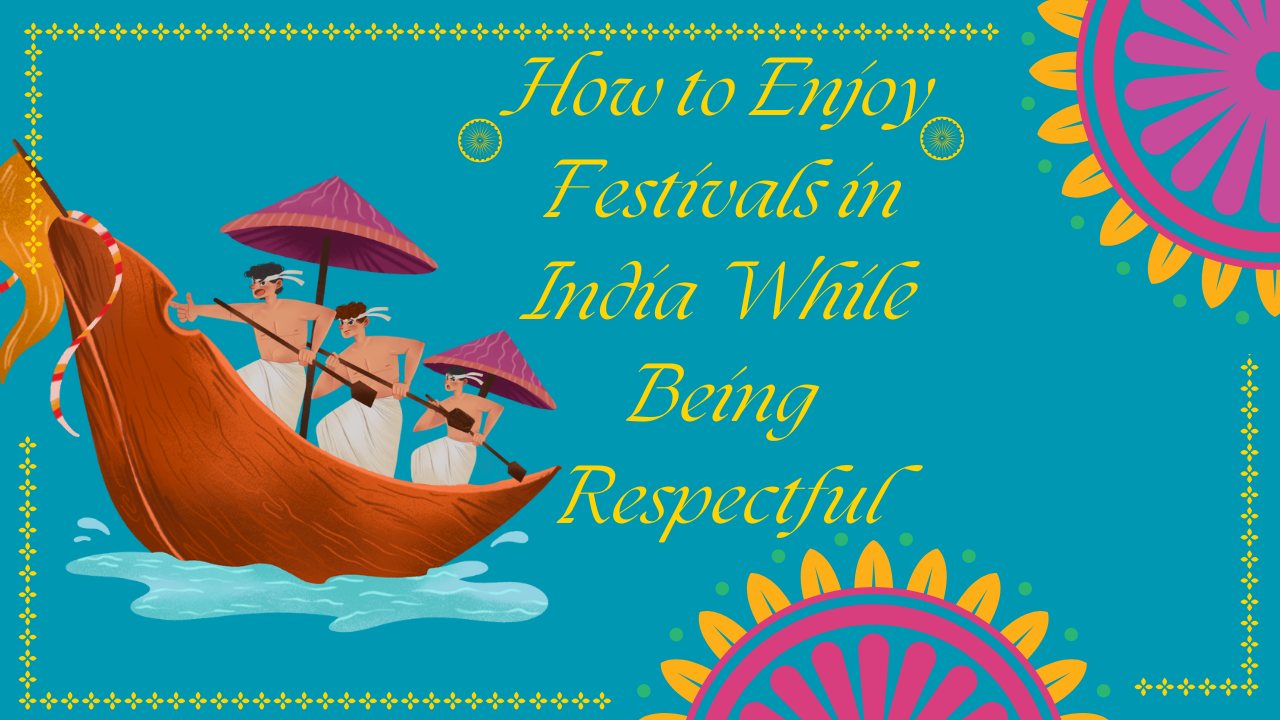India is a land of colors, chaos, culture, and celebration. Festivals in India here aren’t just events—they’re entire experiences. Streets come alive, hearts open wide, and traditions flow through every dance, dish, and decoration. But amidst all this vibrant energy lies something deeper—a cultural soul that deserves to be treated with sensitivity and respect.
Table of Contents
Why Cultural Sensitivity Matters
With a country so rich in heritage, every Festivals in India carries centuries of stories, rituals, and emotions. Whether you’re dancing during Navratri, throwing colors during Holi, or lighting diyas for Diwali—how you participate matters just as much as your presence. So, let’s dive into how you can enjoy Indian festivals while honoring the culture behind them.
Understanding the Diversity of Indian Festivals
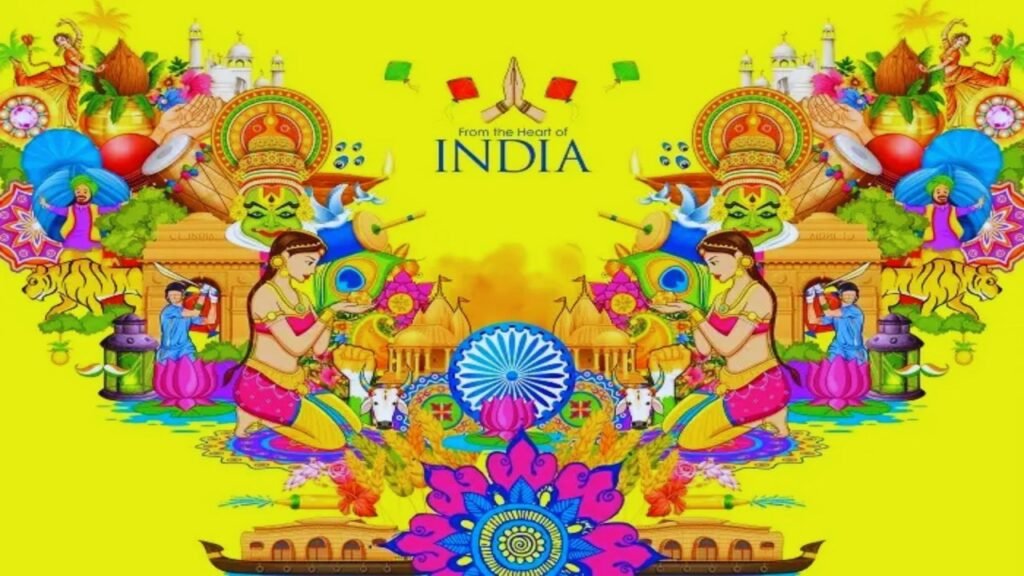
India’s festival calendar is more packed than a Mumbai local train at rush hour.Furthermore, no two festivals are ever the same, I assure you.
Religious Festivals
Every faith contributes unique hues to India’s rich cultural tapestry:
Hindu Festivals
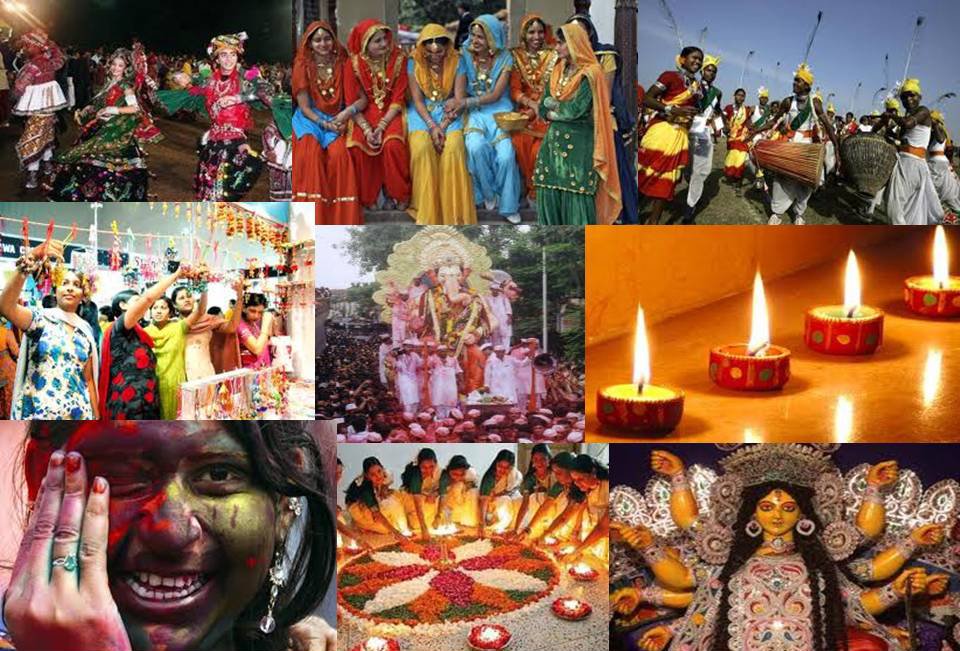
- Diwali: Festival of lights and good over evil.
- Holi: The playful celebration of colors.
- Navratri: Nine nights of dance, devotion, and divine femininity.
Muslim Festivals
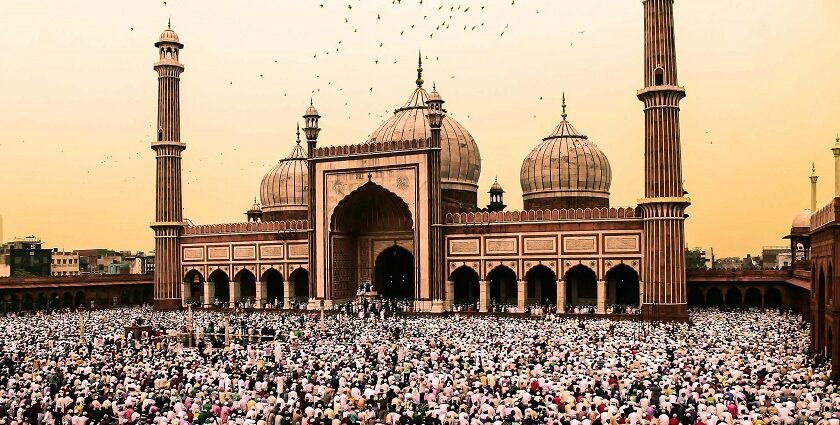
- Eid-ul-Fitr: End of Ramadan, marked by feasting and prayer.
- Eid-ul-Adha: Sacrifice and sharing with the less fortunate.
Christian Festivals

- Christmas and Easter are celebrated with Midnight Masses and joyous community feasts.
Sikh Festivals
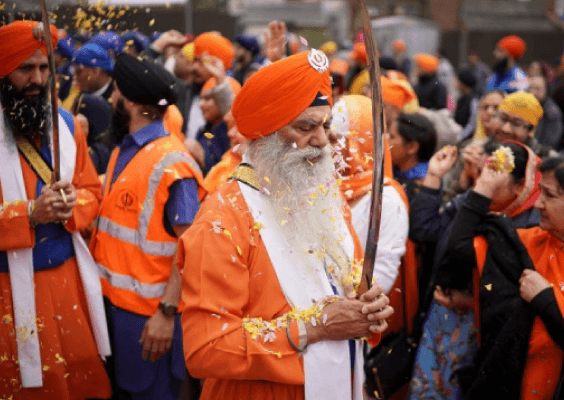
- Baisakhi: Harvest and new year rolled into one.
- Gurpurab: Birth anniversaries of Sikh Gurus, celebrated with processions and prayers.
Buddhist & Jain Festivals
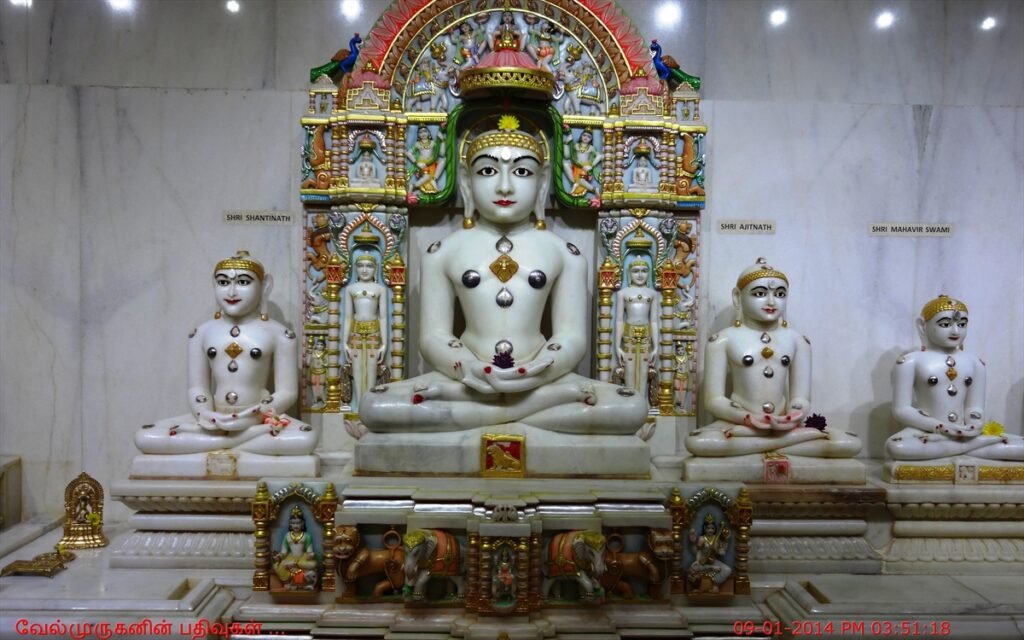
- Like Buddha Purnima and Mahavir Jayanti, marked by spiritual teachings and peaceful observance.
Regional and Tribal Celebrations
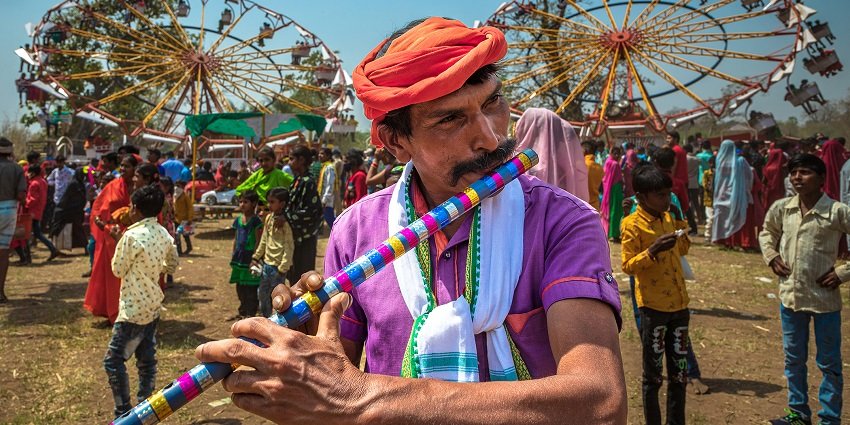
From Pongal in Tamil Nadu to Hornbill Festival in Nagaland, these offer a deep dive into regional identity and ancient customs.
National Festivals
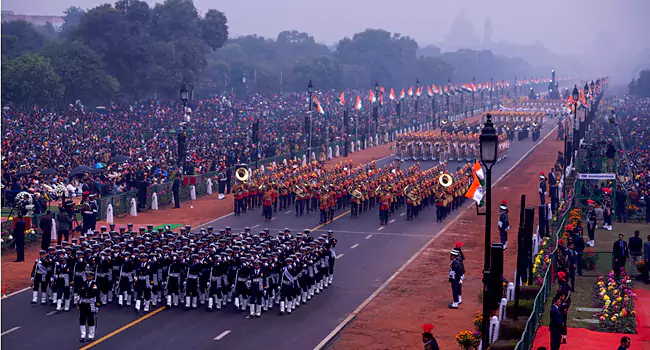
- With flag raising and parades, Independence Day, Republic Day, and Gandhi Jayanti promote togetherness in diversity.
Planning Ahead
You wouldn’t jump into a river without checking its depth, right?
Research Before You Travel
Learn the background, significance, and rituals of the Festivals in India you want to attend. Know the dress code, local rules, and what is considered disrespectful.
Learn the Do’s and Don’ts
Some festivals may discourage alcohol, prohibit entry during prayers, or have gender-specific sections—knowing these helps you avoid unintentional offense.
Respect Local Customs and Schedules
If locals are queuing for blessings or fasting, follow the rhythm instead of rushing it.
Dressing Appropriately
India is diverse, but modesty is widely appreciated—especially during religious occasions.
Traditional Clothing and Why It Matters
Wearing a kurta, saree, or even a simple dupatta shows respect and effort. You blend in better and are often received more warmly.
What to Wear During Religious Events
Cover your shoulders, chest, and knees. Footwear should be removed before entering temples or homes.
Gender-Specific Considerations
Men and women may be asked to enter separate lines or sit apart in spiritual gatherings—don’t question it, just follow politely.
Participating with Respect
Ask Before You Act
Want to dance in the Garba circle? Curious about offering flowers to a deity? A polite “May I?” goes a long way.
Don’t Treat It Like a Show
This isn’t Broadway. Avoid laughing at unfamiliar customs or mocking chants or music. It’s sacred to someone.
Be Mindful of Sacred Rituals
During Aarti, Namaz, or bhajans, silence and reverence are golden.
Food Etiquette During Festivals
Festive feasts are a big deal—but so are dietary restrictions.
Understand What’s Being Served
Some meals are vegetarian only, while others involve offerings to deities before consumption.
Respect Fasting and Dietary Restrictions
Don’t eat in front of someone who’s fasting. If offered Prasad, receive it with both hands and gratitude.
Hygiene and Community Sharing
Use your right hand to eat. Avoid wasting food—it’s considered disrespectful.
Photographing the Festivities
Always Ask for Permission
Never assume it’s okay to click someone’s picture—especially during private moments of prayer.
Avoid Intrusive Behavior
Don’t poke your lens into someone’s face or stand in the way of rituals.
Capture Moments, Not Stereotypes
Aim for authenticity, not caricature. Don’t edit photos to make them look more “exotic.”
Sustainable Festival Enjoyment
Say No to Firecrackers and Plastic
They’re not just polluting—they’re often banned in many areas.
Support Local Artisans and Vendors
Buy handmade lamps, clothes, or sweets from locals—it adds meaning to your experience.
Cleanliness and Waste Management
Don’t litter after Holi. Your celebration shouldn’t become someone else’s headache.
Learning Basic Local Phrases
A simple “Namaste” or “Shubh Diwali” can spark a dozen smiles.
Why It’s a Sign of Respect
You’re stepping into someone’s home, culture, and tradition—language is a bridge.
Helpful Words to Know
- “Dhanyavaad” – Thank you
- “Maaf kijiye” – Sorry
- “Mujhe maaf kardo” – Please forgive me
Use It to Connect with Locals
People are more open when they see you trying to connect.
Giving Back to the Community
Volunteering During Festivals
Join a langar (community kitchen) during Gurpurab or help distribute sweets during Eid.
Supporting Cultural Programs
Buy tickets to a local play or folk dance performance. It’s respectful and immersive.
Donating Thoughtfully
Money is nice, but time and effort often mean more.
Traveling Responsibly
Respect Sacred Spaces and Timings
Temples, mosques, churches—all have rules. Follow them silently.
Crowd Etiquette and Safety Tips
Festivals can get chaotic. Stay alert, keep your belongings safe, and avoid aggressive crowding.
Transport and Local Mobility
Use public transport if possible. Don’t block festival processions with your car or bike.
Embracing Spiritual Aspects
Join in with an Open Mind
Even if you’re not religious, just observe, feel, and absorb.
Understand the Symbolism
Ask locals or guides about what you see—it will enrich your experience.
Don’t Fake Participation
If you’re not comfortable doing a ritual, simply watch respectfully.
Navigating Interactions with Locals
Respecting Elders and Religious Leaders
Touching feet, saying “Namaste,” or simply nodding respectfully goes a long way.
Understanding Gestures and Body Language
A shake of the head doesn’t always mean ‘no’ in India—sometimes it means “yes,” or even “okay.”
Avoiding Debates on Religion or Politics
Festivals are about unity, not arguments. Avoid controversial topics.
Being a Cultural Ambassador
Sharing Respectful Stories
When you return, tell stories that honor what you witnessed—not just the weird or dramatic parts.
Educating Others Back Home
Explain the depth behind the dances, the fasting, the firecrackers.
Promoting Cultural Unity
India has thousands of gods and hundreds of languages—but at the heart of it all lies a spirit of joy. Share that.
Also visit:
Planning Your Perfect Road Trip in Australia
Top 10 Wildlife Safaris in Africa You Must Experience
Planning Your Dream Wildlife Safari in Africa
The Magic of Wildlife Safaris in Africa: What to Expect
Conclusion
India’s festivals are nothing short of magical—a blend of chaos, color, faith, food, and fierce celebration. But with all that vibrancy comes deep-rooted emotion and tradition. The key to truly enjoying these experiences isn’t just joining the celebration—it’s doing so with curiosity, humility, and genuine respect.So go ahead, lose yourself in the rhythm of the drums, the aroma of festive food, and the sparkle of lights—but let your heart dance with respect.

